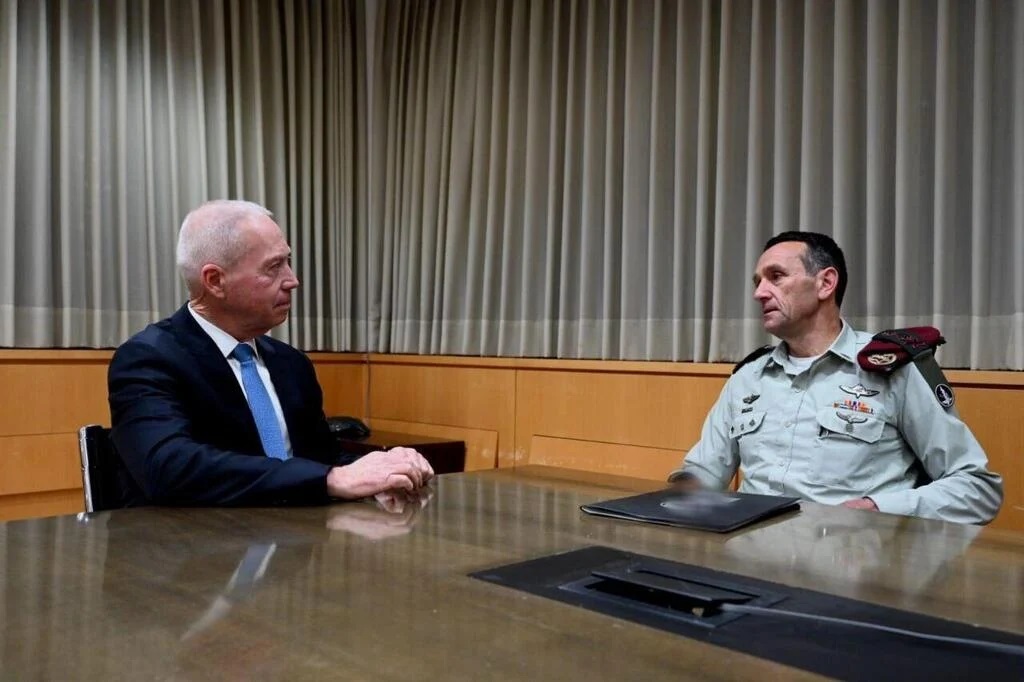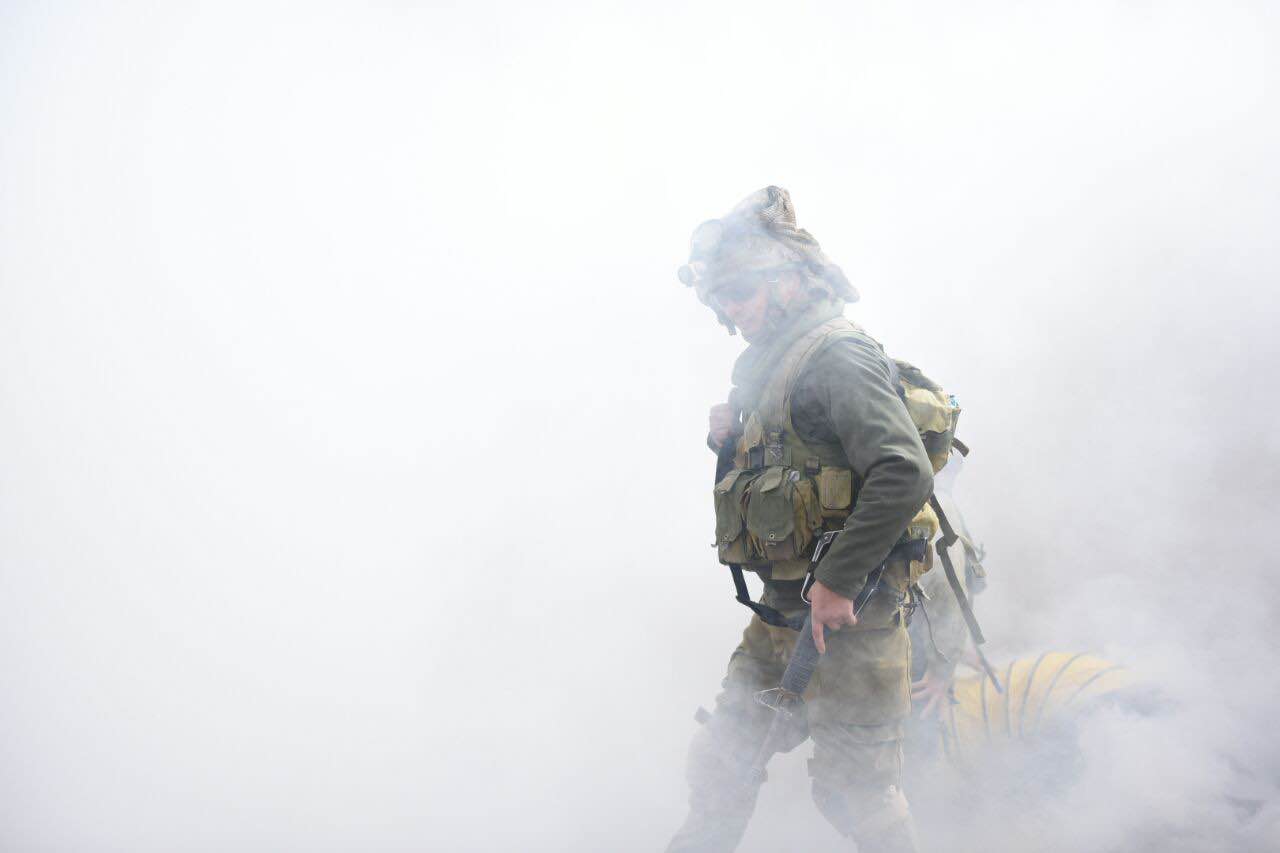Publications
INSS Insight No. 1683, January 22, 2023
The IDF Reserves Corps is currently weathering a challenging period. Reservists, who make up a small percentage of Israeli society, are finding it harder and harder to continue and complete their service. From early 2023, reserve regiments will be called up for two periods of operational service over three years, which is twice as much as the current term of service. In addition, the reserves corps could find itself replacing the Border Police companies that are due to leave the West Bank area for other tasks. There is already a significant drop in the rate of reservists reporting for training and operational service. Increasing the burden on those who do serve is not a trivial matter, and time will tell how the new government’s policies will affect reservists’ motivation to report for duty. The problem will not translate into demonstrations or protests, but in low rates of enlistment and fabricated reasons for evasion. The coming period will be critical for the reserves, which is an important component of national security. Incoming Chief of Staff Lt. Gen. Herzi Halevi and IDF commanders must act decisively to prevent further erosion of the system and shield it from any impending crisis.
The IDF decided recently to call up reserve regiments for operational service once every two years, instead of once every three years, which was the case until now and is the term of service defined in the Reserves Law. The move is intended as a response to the need for more forces, due to the current deterioration in the security situation, mainly in the West Bank. The decision passed with little media coverage, but it represents a dramatic change.
Precise figures about the reserves are not published, but indirect information suggests that no more than 1.5 percent of Israeli residents serve in the reserves, and only about 6 percent of soldiers who complete their mandatory service continue to be on active reserve duty (at least 20 days of duty in three years). In addition, it is a well-known secret that reserve duty is, in effect, voluntary (although it is enshrined in law). The percentage of discharged soldiers serving in the reserves declines year after year, partly due to population growth on the one hand and a reduction in the size of the army on the other hand. Over the years, the reservists have become a small and singular group in Israeli society.
It was always hard to serve in the reserves, but what in the past seemed reasonable to the reservists – 35 days each year – is no longer considered reasonable. It is becoming ever more difficult for many reasons, including:
- The external threats to the State of Israel have changed and are no longer existential. There is no army facing the IDF that poses a credible threat of conquering the country.
- Israeli society has become more individualistic, a trend that changes the relationship between the needs of the individual and the needs of society.
- The mood in Israeli society does not (to say the least) encourage service in the reserves, and national solidarity is shrinking. The percentage of active reservists has declined over the years, and in this sense the IDF is no longer “the people’s army.”
- According to a survey by the Israeli Democracy Institute, about half the public supports turning the IDF into a professional army. Proponents of this opinion likely do not fully understand the meaning of a professional army, but the figure is an important indicator of the mood in Israeli society.
- The range of threats to the civilian front today is much greater than in the past. In a case of emergency, reserve soldiers may be called up at a time when their residential neighborhood is under rocket attack, making it harder for the soldier to leave his family home and report to his unit. It is vital to understand the effect this has on motivation.
- Reserve soldiers face both explicit and tacit pressure not to report for reserve duty in normal times. Pressure comes in many forms – from employers, educational institutions, close family, and their general surroundings. Time will tell whether and how the new government, its guiding ideology, and its policy, will impact the reservists’ willingness to serve.

However, it is already possible to discern a considerable decline in the percentage of recruitment of combat regiments for training and operational service. In 2023, a new regulation (approved by the Knesset) will come into force, specifying that reserve regiments can be called up for a second time within three years. Another possibility under consideration is a decision by the Minister of Internal Security that Border Police units currently serving in the West Bank be moved to other tasks, and reserve units will be called to replace them.
The few who serve want meaningful support and actual measures, and not necessarily simply monetary recompense. They desire ethical and normative meaning for their service; they want to be treated with respect and called up only when there is a real need, to ensure proper utilization of their time, with suitable training and equipment, reasonable service conditions, and at the end of the list – financial reward.
Whenever the “contract” between the IDF and the reservists is breached, the system suffers further erosion. Among numerous recent examples, reservists were sent for operational activity along the separation fence in a small civilian-leased vehicle, and not in an operations vehicle. The soldiers felt they were not being treated with respect, were not properly equipped, and above all, that their actions had no significance. The response of the IDF spokesman ignored these concerns, and merely noted that there is a long-term procurement plan for the purchase of armored vehicles. Such a response shows the IDF’s deep lack of understanding of the reserve system.
The reserves are currently in a very delicate state of balance. Calling reservists for further periods (and perhaps even more, subject to the withdrawal of Border Police units from the West Bank) is no trivial matter. The IDF is mistaken if it thinks the system will respond as usual if reservists are called up subject to the new – and perhaps expanded even further – protocol. There will not be demonstrations or protests, but rather, low rates of enlistment and fabricated reasons for evasion, such as “medical problems.” At the same time, public opinion surveys show that at least at this stage, if there is a real emergency, the reserves will respond to the callup in full force.
The coming period will be complex and very challenging for the reserves and those in charge of the corps. The security threat in the West Bank is growing stronger, as is the challenge of serving in the reserves. The sociopolitical situation in Israel is complicated – and in the meantime, reserve service has been extended in many units. In this situation, any change is significant and portends potential difficulties. A crisis in the reserves could be irreversible, and therefore the system must now take serious action, and not just pay lip service with statements of support and encouragement from senior commanders. Incoming Chief of Staff Lt. Gen. Herzi Halevi and other IDF commanders must understand the difficulty and not neglect the reserve system in the hope that everything will turn out fine, as in the past. The reserves are an important component of Israel’s national security, and the corps must be preserved and shielded from any impending crisis.



